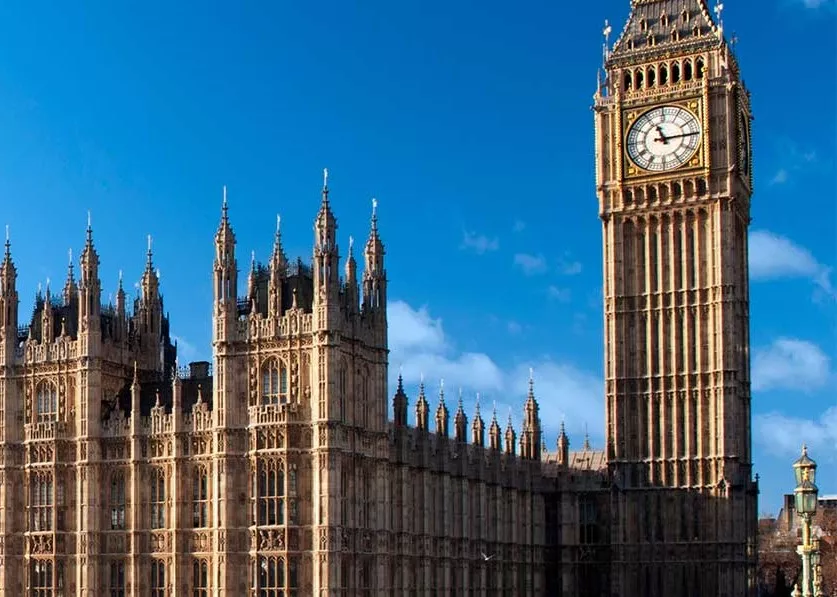
The College is deeply concerned that a number of the provisions within the new law will now have direct consequences for some of the most vulnerable children in our society. In particular, we remain concerned that:
- Under the Act, biological age assessment testing will form a part of the assessment process for a child or young person’s asylum claim. Such tests often produce an ‘age-range-, which may straddle eighteen. We do not feel that this is a sufficiently accurate measure on which to base such a significant decision about a child’s future. Additionally, as a part of this testing, children may be required to consent to x-ray imaging, exposing them to radiation risks for a non-medical purpose. We are also concerned that proposals to use MRI imaging on this group of children may trigger a trauma response relating to their journey to the UK, causing significant harm to their mental health.
- The Act removes existing time limits on child detention for immigration purposes. Additionally, there are a lack of safeguards around Home Office accommodation for children. We know that the health, education and wellbeing needs of children cannot be adequately met in such environments.
- There is currently little information in the bill as to how the provisions set out will impact children’s access to initial health assessments (IHAs). These are essential assessments which identify both urgent and long-term health needs of children arriving in the UK. Any delay to such an assessment has the potential to lead to serious health decline in this population of children and young people.
- Ultimately, the full impact of the legislation on children is still not fully understood. RCPCH will continue to work to understand and minimise the potential risks it presents to children, their health and rights.
- It is also of continuing concern that the Government has previously admitted that it cannot confirm if the Act is compatible with the UK’s obligations under the European Convention on Human Rights.
RCPCH President, Dr Camilla Kingdon said:
I don’t believe that anyone who is committed to safeguarding children’s health and wellbeing is not alarmed by this new law. It’s so disheartening to see the bill become law after so many individuals and organisations, including RCPCH, worked tirelessly to influence and amend this legislation in order to protect children. Rather than supporting vulnerable children, this Act could now cause serious and irreversible harm. The College has major concerns for the health and safeguarding of refugee and asylum-seeking children and young people.
Under these new laws, all those arriving, including children, will face detention on arrival – and subsequently deportation. For so many of these children, they have had no choice but to take dangerous journeys because they weren’t able to get a visa to come to the UK. Where there are no ‘legal routes’ through which to enter the UK, perilous small boats are one of the only options. The Government has previously stated that it would look at safer alternatives for asylum seekers, but these have never materialised. No parent or guardian would send a child on such a dangerous journey without good reason, and we know that at least six out of ten (60%) of all those who made the dangerous channel crossing to the UK in small boats last year would be recognised as refugees through the asylum process.
As paediatricians we also have a number of concerns relating to age assessments, which we know to be inaccurate and unethical, and we worry about the potential for children remaining in detention for indefinite periods of time. Alongside colleagues, I argued during the passage of the Bill that measures were a child rights violation and a safeguarding catastrophe. With only minor changes to the Bill since then, this position remains unchanged, and the College will work tirelessly for measures that support rather than harm vulnerable children seeking safety.
The RCPCH remains committed to our work to uphold children’s rights and advocate for their health needs to be met. While this step is extremely disappointing, we continue to work with the sector and our fellow Royal Colleges to:
- Ensure children do not undergo unnecessary or traumatic medical investigations for the purpose of age assessment. It remains our position that paediatricians do not engage with this work and we are looking to collaborate with other sector leaders on this.
- Join together with other medical bodies and wider organisations in order to campaign against child detention and ensure that healthcare standards are upheld for children seeking asylum or refuge.
- Develop clear guidance for initial health assessments and continue to highlight to government policy-makers the importance of this essential healthcare practice.
Within the College, we have a dedicated stakeholder group comprising of members who work closely with children seeking asylum, refuge or international protection. This area of children’s health remains a priority for the RCPCH, we are currently reviewing our strategy in light of the passing of this bill, and will share updates with members as soon as these are available.









